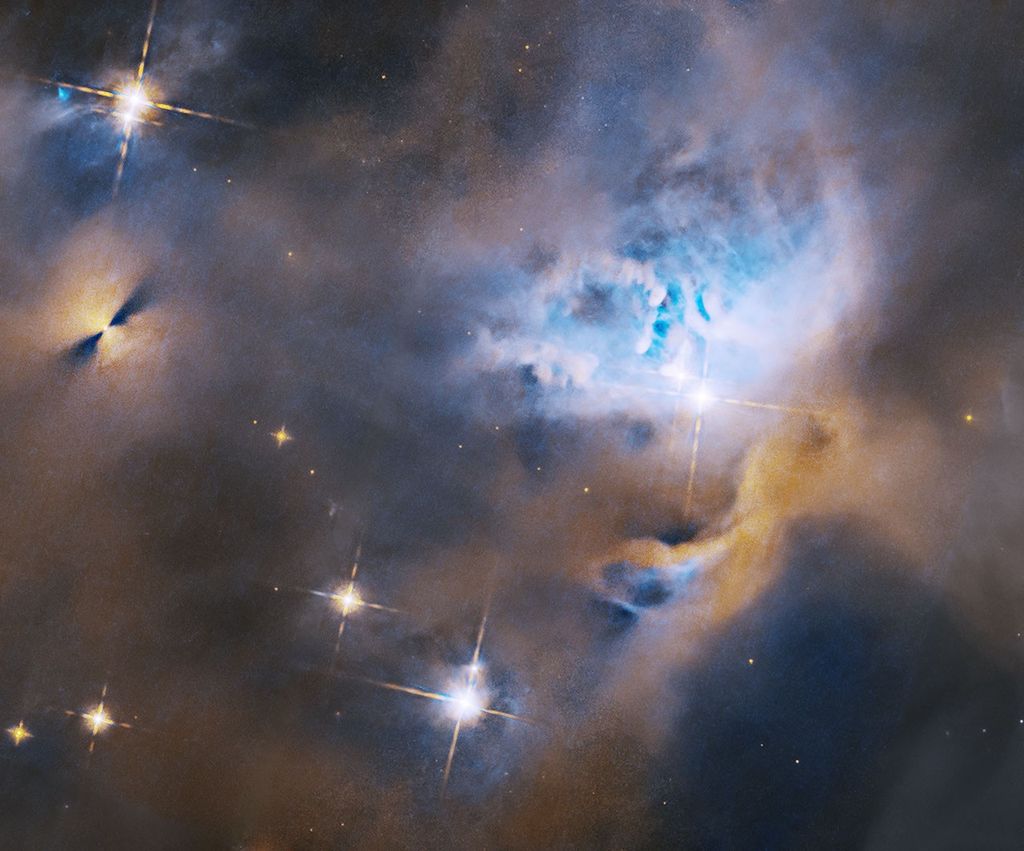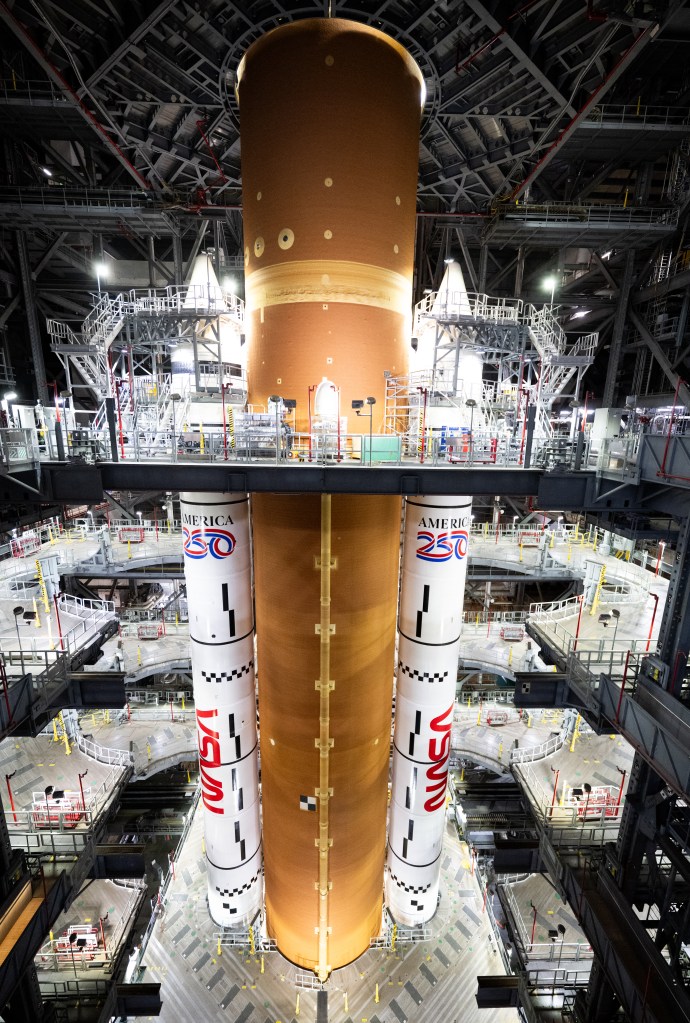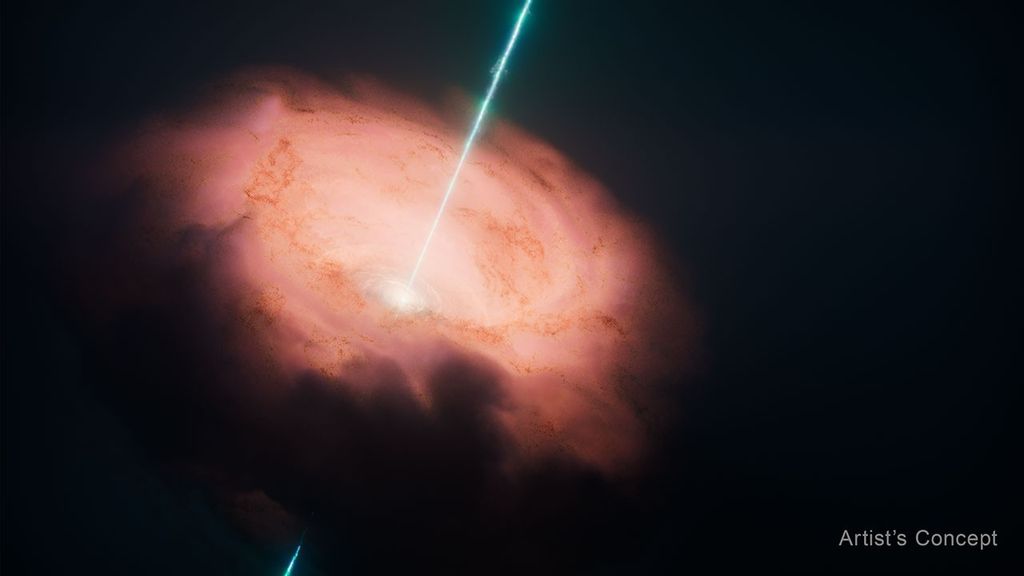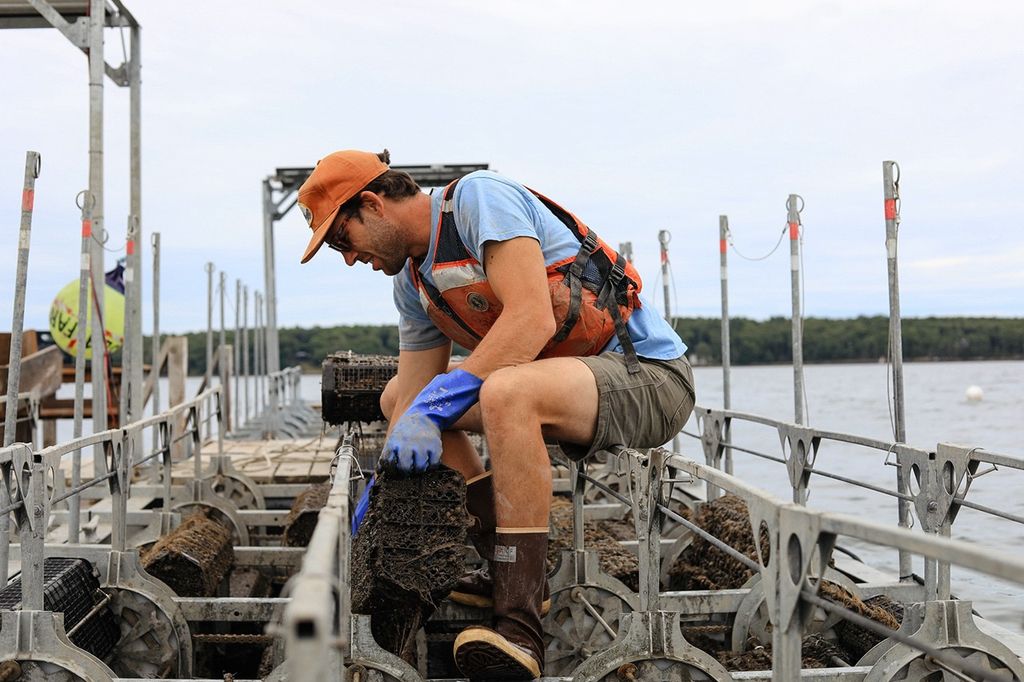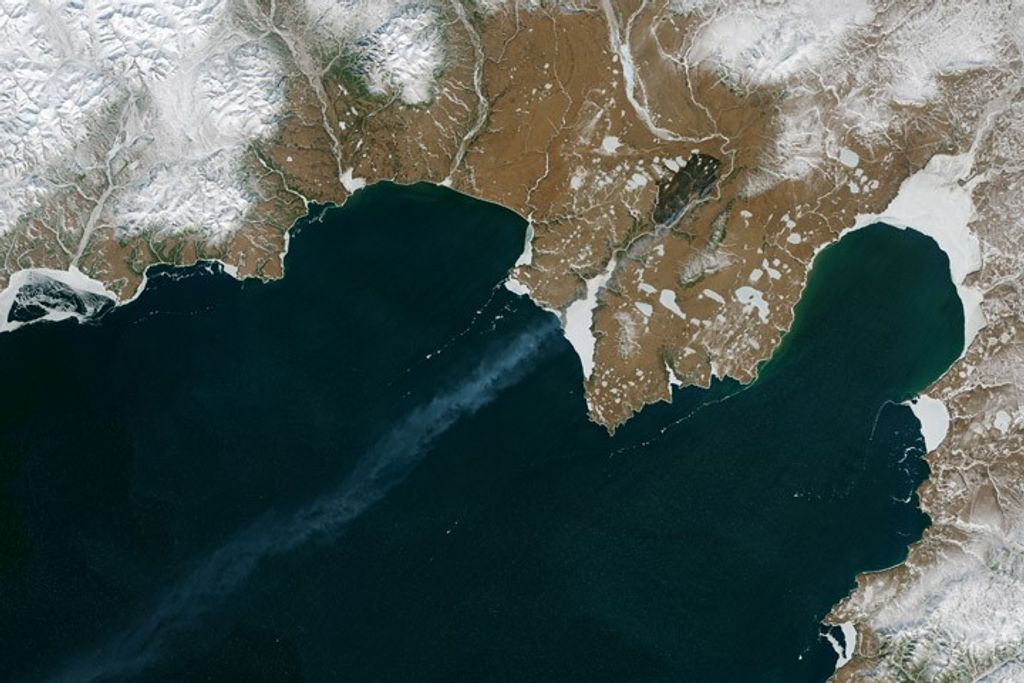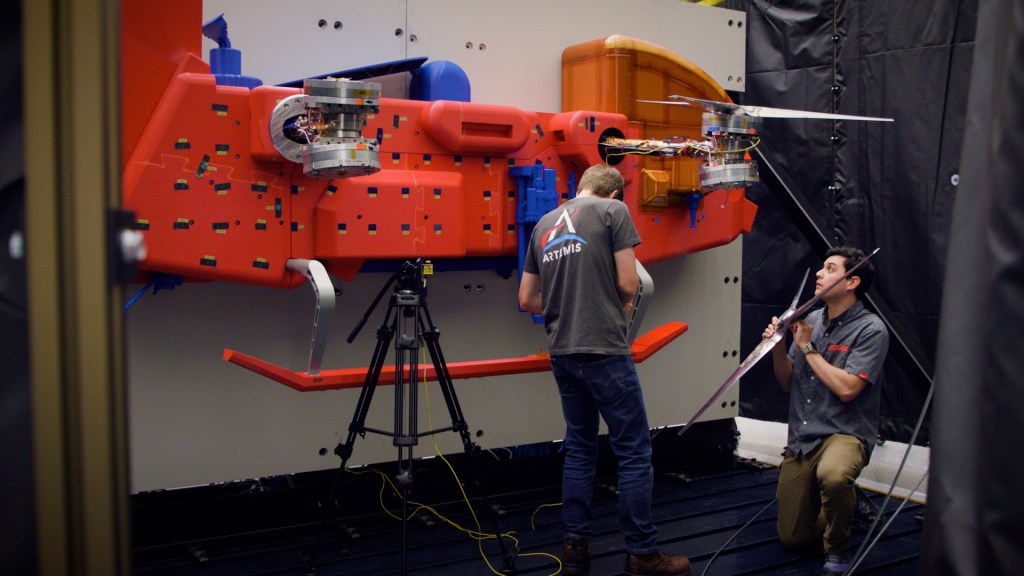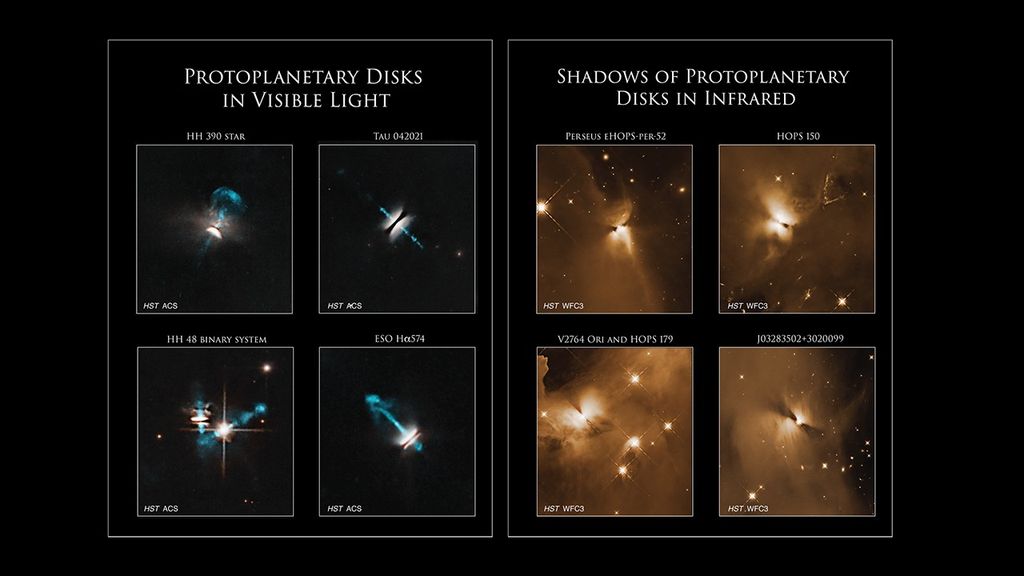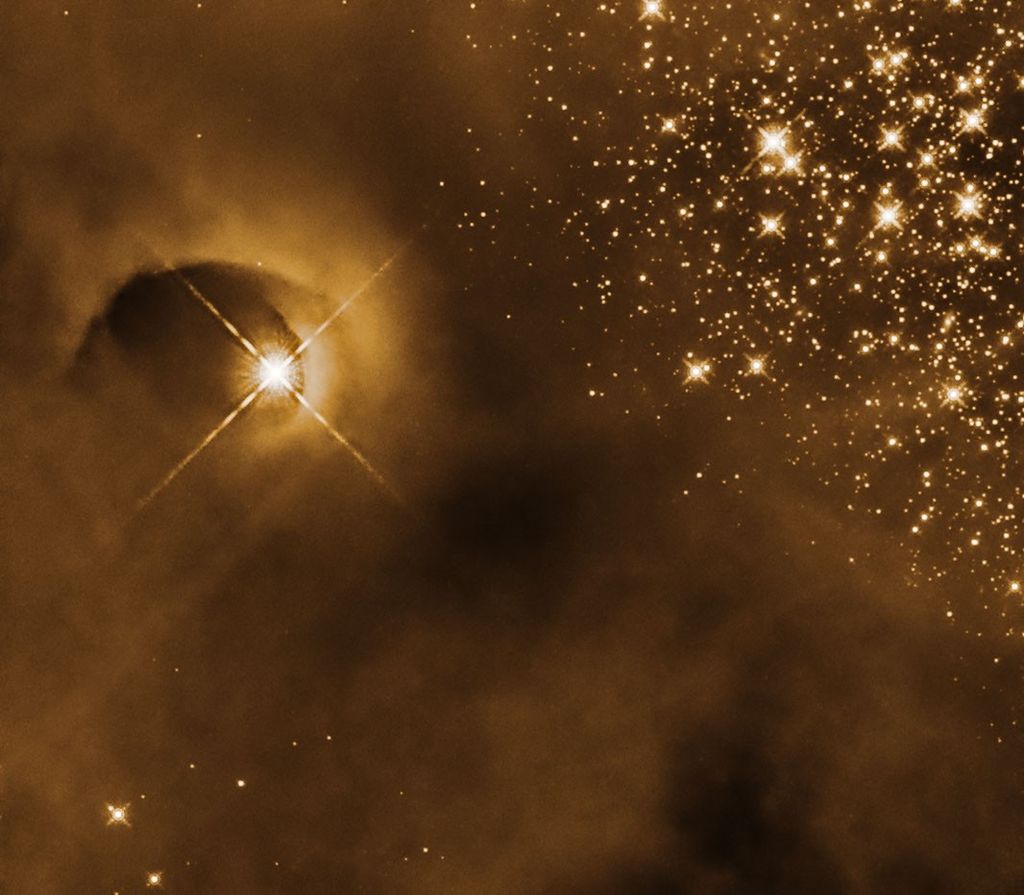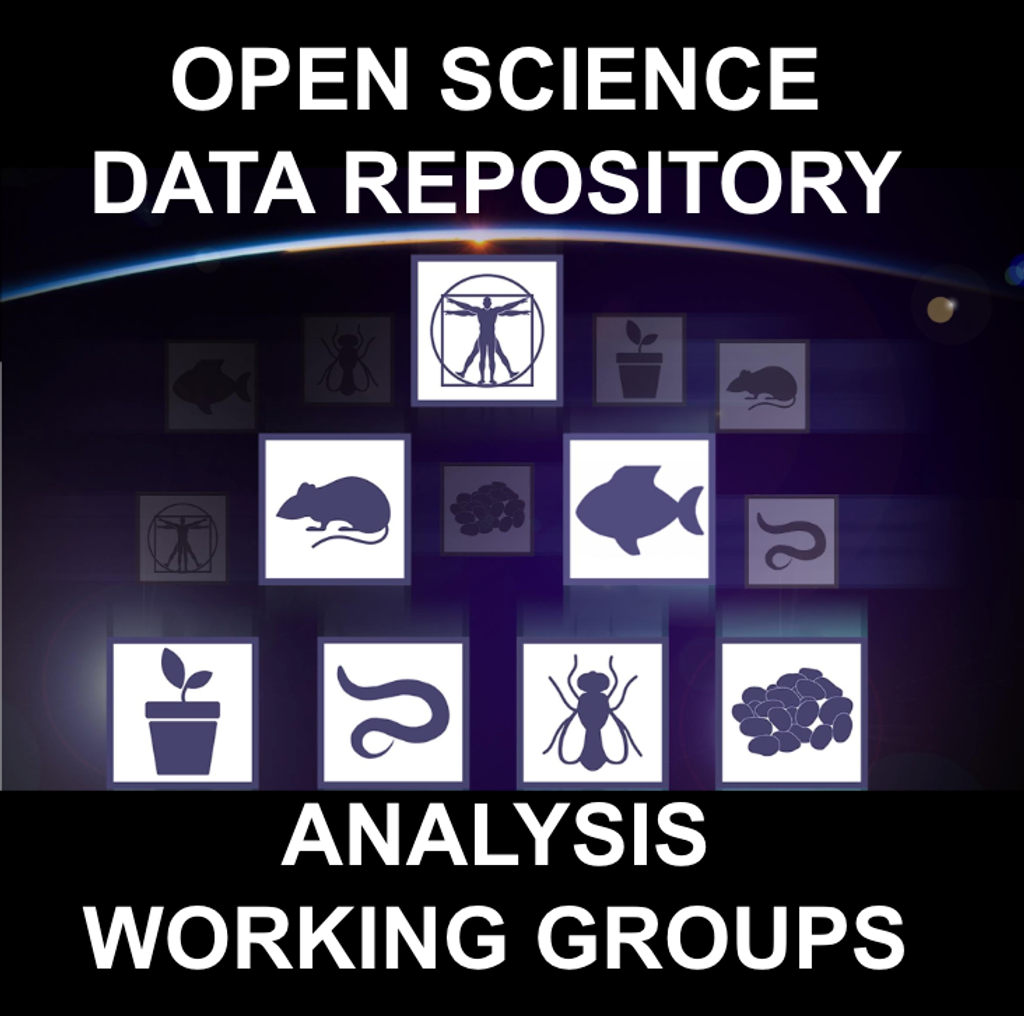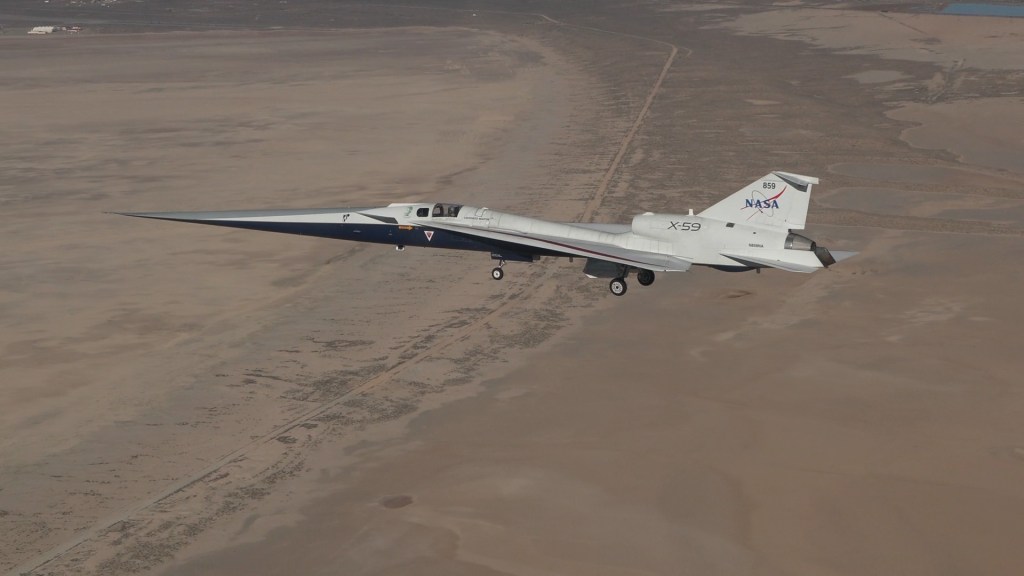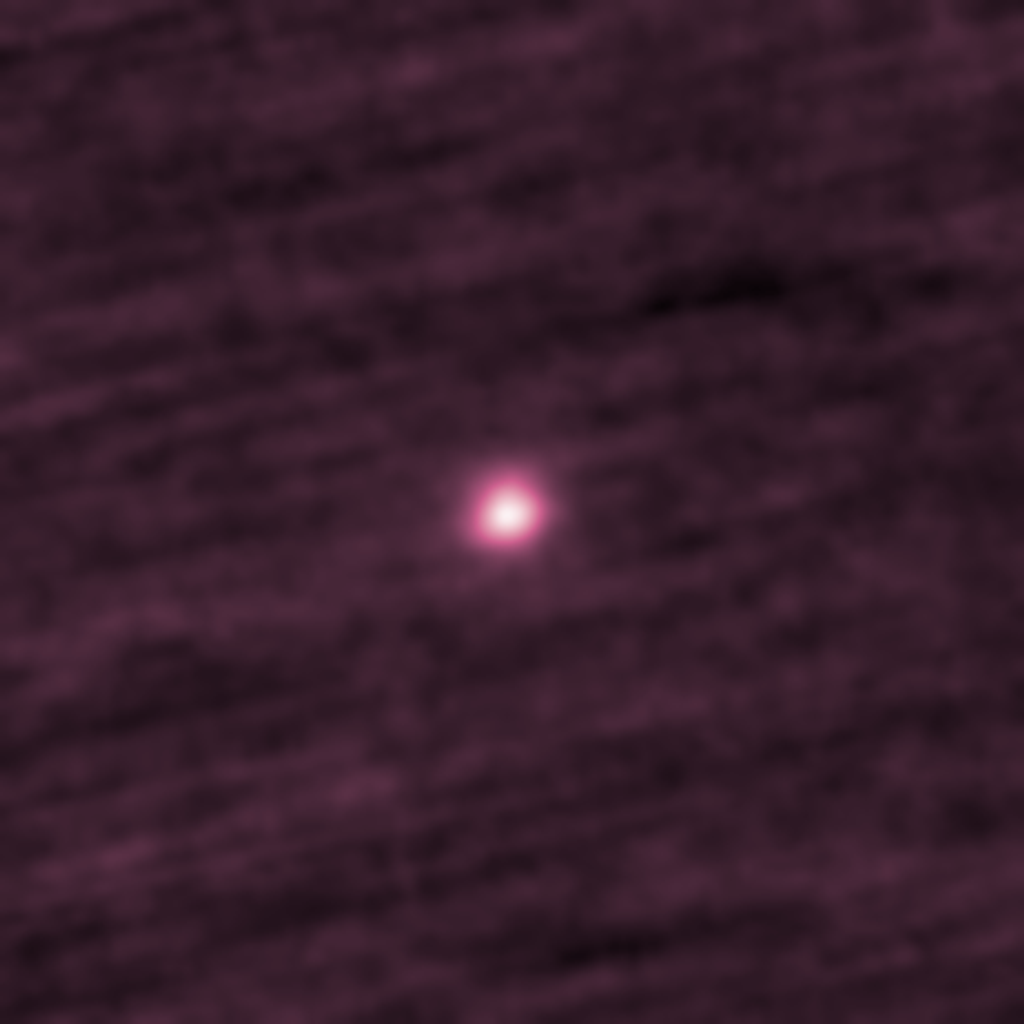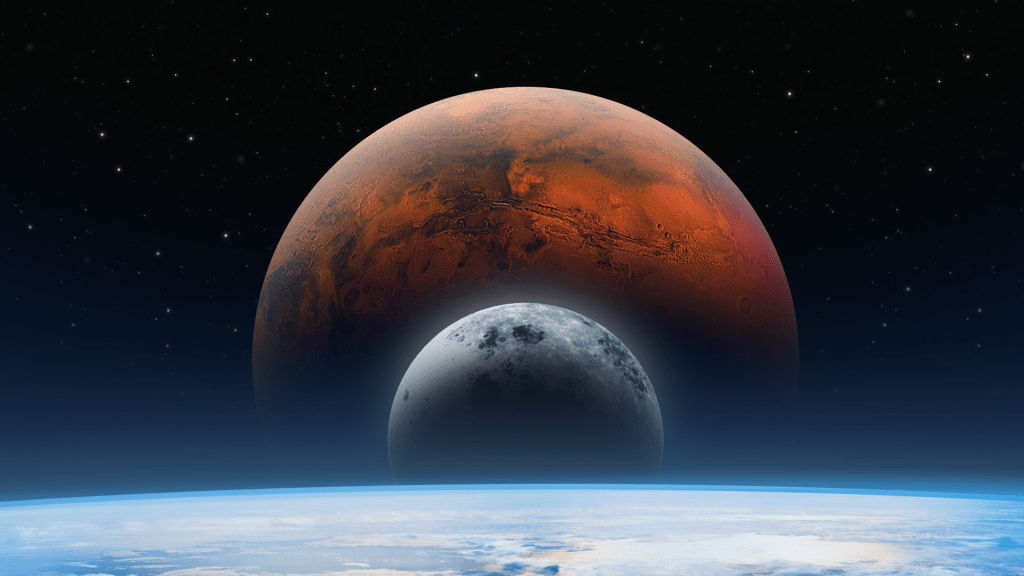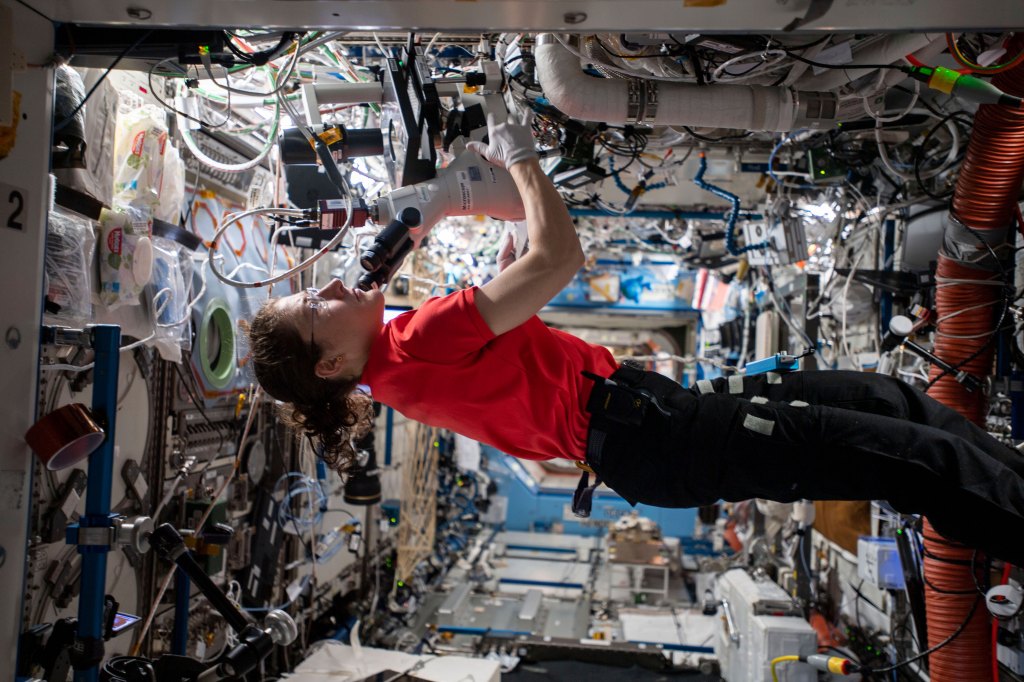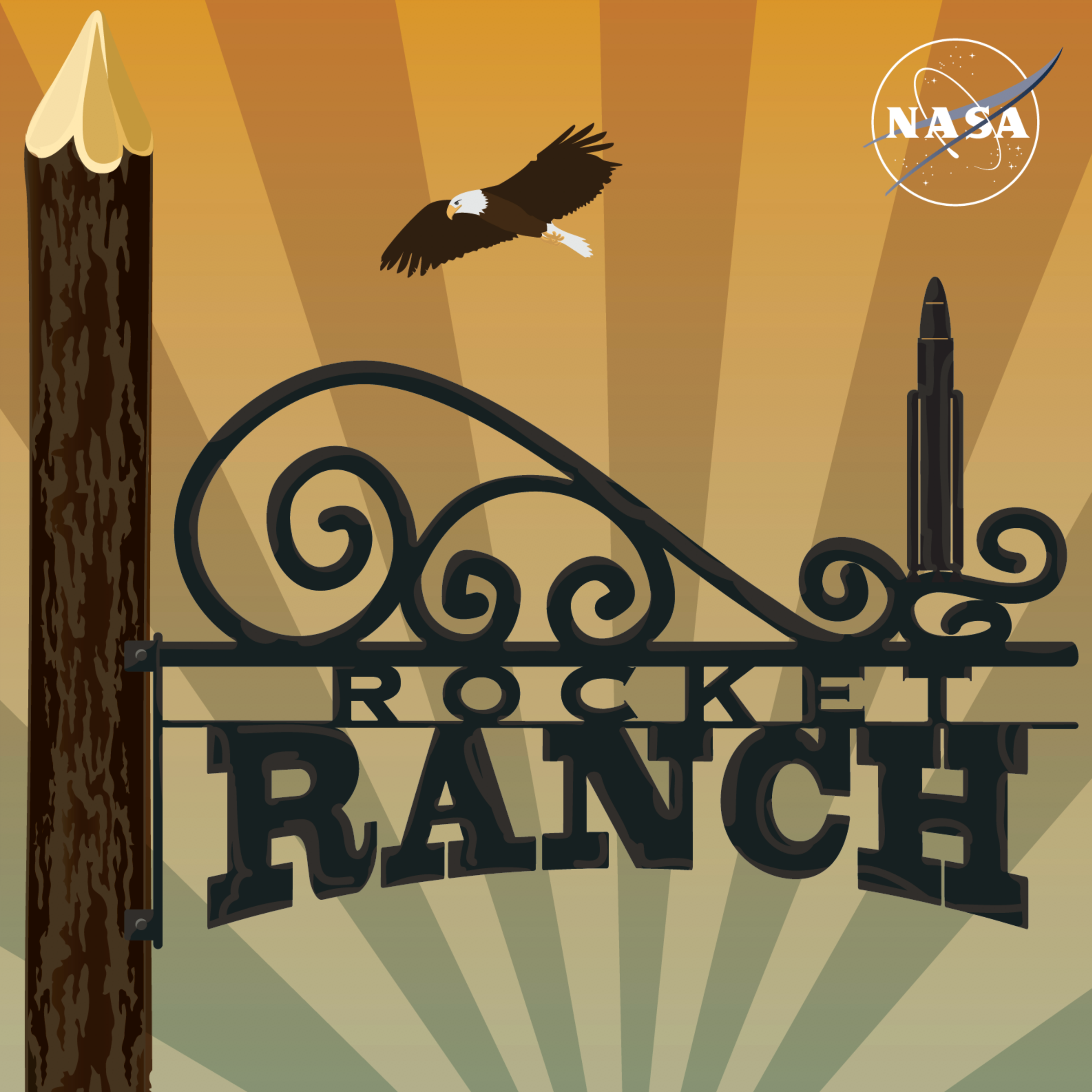
Derrol Nail:
And with the number one overall pick in the Kennedy Space Center NFL Draft, NASA selects Jacksonville, Jaguar quarterback and aerospace engineer Josh Dobbs. Next on the Rocket Ranch.
Launch Countdown Sequence:
EGS program chief engineer. Verifying no constraints to launch. Three, two, one, and liftoff. Welcome to space.
Derrol Nail:
NASA’s internship program now has an NFL quarterback in its ranks. Josh Dobbs of the Jacksonville Jaguars has a degree in aerospace engineering and thanks to the NFL Players Association’s externship program, he is now working as an intern at the Kennedy Space Center in Florida this off season.
Josh took a few minutes out of his hectic schedule to share his unique insights on NASA and life in the NFL. Please note this was recorded in studio prior to the current social distancing guidelines.
I’m here at Kennedy Space Center in the audio booth with Joshua Dobbs, NFL quarterback for the Jacksonville Jaguars. Thank you so much for being here, bud.
Joshua Dobbs:
Glad to be here. Thank you for having me.
Derrol Nail:
Started playing football when you were five years old. You played high school ball for the Alpharetta Raiders of Alpharetta, Georgia. Went on to have a great career at the University of Tennessee where you were a starter for several winning seasons in 2015. 2016, won some bowl games. You were drafted by the Pittsburgh Steelers in the fourth round of the 2017 NFL Draft. After several seasons with the Steelers, you were traded to the nearby Jacksonville Jaguars as a quarterback for the team.
And what’s so interesting to our audience is that currently you’re doing an internship with the engineering department. Is that right?
Joshua Dobbs:
That is right.
Derrol Nail:
At NASA’s Kennedy Space Center. And folks, why is that? Because Josh busted out a 4.0. Not in the 40, of course, I don’t know-
Joshua Dobbs:
That would have been cool.
Derrol Nail:
Yeah, has anybody ever ran a four?
Joshua Dobbs:
That would have been the fastest ever, right there.
Derrol Nail:
Right, it’s true. 4.2., right? Or 4.4?
Joshua Dobbs:
Right.
Derrol Nail:
But you had a 4.0 in your grade point average in the aerospace engineering major at UT, is that right?
Joshua Dobbs:
Yes, sir.
Derrol Nail:
Bringing the brains and the brawn.
Joshua Dobbs:
Brains and the brawn, yes sir.
Derrol Nail:
It love it. Well, so tell me, Joshua, you’re, you’re here doing this internship. Help me understand how you’ve been able to play football and keep up fascination with space.
Joshua Dobbs:
It’s been definitely a process. When I was younger, I attribute a lot of my success and habits I created to my parents. I grew up an only child so quickly at an early age, they taught me to, one, obviously excel in the classroom. That comes first. But then they also pushed me to doing different experiences, participate in different activities that I would enjoy outside of school. So, they helped me figure out that I loved football by placing me and just about every single sport you could place your kid in when he’s five years old.
So, the different experiences that I had growing up and being able to juggle football, baseball, basketball, along with taking accelerated classes and then being in the band. I was in karate, I was in chorus. I learned I couldn’t sing, but I was in chorus.
Derrol Nail:
Oh, yeah? You can sing, huh?
Joshua Dobbs:
I can’t sing. Cannot sing. Cannot sing. So, don’t put me on the spot.
Derrol Nail:
But you took chorus to find out.
Joshua Dobbs:
To find out, right. So. I did all of those and I kept up with extreme workload from elementary school, middle school, high school. So, as the stage grew and as things got more difficult, the habits that I created when I was younger are what I was able to fall back on when time management was key in college. Being able to juggle playing NCC football at the quarterback position, and also being an engineer definitely called for long days, long periods of-
Derrol Nail:
I can only image.
Joshua Dobbs:
Yeah.
Derrol Nail:
NCC quarterback. Starting quarterback for the Tennessee Volunteers, and at the same time in the Aerospace Engineering School. How did you do that?
Joshua Dobbs:
Well, I’ll be a fool to one say that I did it by myself, because Tennessee gave us a great framework when we got the school with different study halls and giving us different tutors and mentors that are in our fields. We’re able to learn and learn the lay of the land. But also it took determination. I think on a daily basis you’re in class from 9:00 till 2:00, then meetings are from 2:00 to 4:00, practice is from 4:00 to 6:00, then you have post-workout, post-film, and then you’re in study hall, and then you’re to the library, and then you wake up and repeat process the next day and you have to eat throughout the day.
So, I think I closed down the library just about every single day of my college career. But again, it was the habits that I was able to form when I was younger, learning how to manage my time, be productive, be disciplined, and understand why I came to college. I came there for a reason. Hey, I want to play football at the highest level, but I also want to pursue an engineering degree that I know that I will enjoy, it’s something that I’m very intrigued with and I want to learn more, I want to be an engineer. It’s being able to juggle two things I was extremely passionate about, made it not suffering but made it very enjoyable.
Derrol Nail:
Fascinating. People are going to be so amazed to hear how you juggle all those things. But you give credit to your parents who helped you instill some good habits in you in a very young age, which is pretty cool. What are you going to be doing here at KSC?
Joshua Dobbs:
So, thus far it’s been pretty much a whirlwind of a week. I started off in the NE-XI division where I was working in instrumentation and spent a day shadowing them, seeing the hazardous gas detection system, learning about the wind profile that they have for launch day, the weather protection system on the mobile launcher. So, just seeing different things and understanding how the instrumentation works from an electrical point of view.
And then from there every single day has been a different opportunity where I’ve gone from there to, I’ve gone to flight accessories, so seeing the different umbilicals, how they work, how they secure the rocket to the mobile launcher. To seeing different tasks that they’re performing on the instrumentation, to then see, learning about the core stage and how it’s going through this green run testing and-
Derrol Nail:
Talking about the SLS.
Joshua Dobbs:
Right.
Derrol Nail:
The next generation, world’s most powerful rocket that we’re going to use to send people back to the Moon.
Joshua Dobbs:
Moon and then to Mars.
Derrol Nail:
Yeah.
Joshua Dobbs:
So, it’s been a whirlwind. I’ve learned about the SLS, the whole space program, the Artemis Project, Orion, which goes on top of SLS. So, it’s been a whirlwind of a week. I’ve seen, I think, all of KSC, but I know the next couple of days I’ll continue to see more and I’ll continue to have my mind expanded by what’s going on here. And it’s truly amazing to see the innovation that’s going on on a daily basis.
Derrol Nail:
Absolutely. And the space history that’s here. When you’re told that this is where the rockets took off and took Americans to the moon for the first time. What’s your sense of the history here?
Joshua Dobbs:
That’s so humbling. Because I’m connected with the history just because growing up being so interested in engineering, the history is what you look up every single day. You’re like, “Oh wow, this is what we’re doing. This is where we’ve come from.”
So, then to be able to be here on the footsteps of where it all happened, where innovation happened, where the science happened, where the engineering happened, and where the launches actually took place to take the people first to space and then to the Moon, now to the International Space Station, where they’ll take place to go to Mars. It sends chills down your back.
Honestly, driving in every single morning and just seeing, because I’m at OSB one, so it’s the one right next to the VAB.
Derrol Nail:
Right. Vehicle Assembly Building. The iconic building here.
Joshua Dobbs:
Iconic building. Driving in and parking in front that building every single day. It really wakes you up when you get here. You get here at 7:00 AM but you got out the car and you see that. It’s like, “Wow.” There’s so many people that have come before me, that paved the way to what’s going on here at NASA now, so just to know I’m not here for a long time, but to be here and just get a glimpse and be able to touch what’s going on here. It’s truly an amazing experience.
Derrol Nail:
Now, you’ve only been here a short period of time. And if you’ve never met Josh Dobbs, I just met him a few minutes ago. But you come across as a very polite, very gracious with your time kind of person. But now you’re coming in as a professional quarterback to a lot of people who are engineers who might be big football fans, fantasy football fans. They’re going to be like, “Oh dude, can I have the-?”
Are you going to get any work done? How do you give them a little stiff arm without being rude?
Joshua Dobbs:
Obviously you give them both. Everyone wants to talk about football. It’s America’s favorite pastime and we’re in football central USA right here. So everyone wants talking about the game, which I don’t mind. I love talking about the game.
But the first couple of days, I also said, “I’m here to learn the life of an engineer.” Because that’s also part of who I am. I’m an engineer. I’d studied aerospace engineering, so I want to see the day in the life of the engineer. So, it’s funny. The first day we were mapping out everything that I was going to do here and they were saying, “Oh, you don’t want to go to the meetings. Let’s just show you the cool stuff.”
Joshua Dobbs:
I said, “I want to see the cool stuff. But also-
Derrol Nail:
But truly.
Joshua Dobbs:
I truly want to sit down and on the engineering meeting where you’re discussing different things that are going on with the projects and different instrumentation that you have to test you. I want to see the logistic side of it to understand what it means to be an engineer. Maybe I’m sitting there shadowing you doing your desk busy work. But that’s still interesting to me because not being able to be around this field a lot in the real world, I want to see what it’s like to be an engineer for a day.
So, I’m taking it all in, whether it’s the cool stuff where you’re at the VAB, the Vertical Assembly Building. Or you’re at the launchpad or whether you’re just sitting in the office doing normal desk work.
Derrol Nail:
You want to see it.
Joshua Dobbs:
It’s all enjoyable to me.
Derrol Nail:
You mentioned meetings. Now NASA likes meetings.
Joshua Dobbs:
They do like meetings.
Derrol Nail:
We’ve got meetings.
Joshua Dobbs:
Meetings and acronyms. I’ve learned that quickly. Those are two hot topics here for sure.
Derrol Nail:
Almost like another language you speak.
Joshua Dobbs:
It is. I started looking up the dictionary online. I’ll just write down acronyms in my notebook and then just look it up online and then go home and “Ah, that’s what they were talking about.”
Derrol Nail:
Later? Yeah. Like, “Oh, okay. Now I know what he’s talking about.”
Joshua Dobbs:
Now I get it.
Derrol Nail:
Don’t ever be afraid to ask for acronym because everybody knows it out here.
Joshua Dobbs:
Right.
Derrol Nail:
You got to get this figured out. So, what about the pro football part? Right now you’re a professional quarterback in the NFL for the Jacksonville Jaguars. So, what’s your goals? What’s your aim there?
Joshua Dobbs:
I am there. So, obviously I was traded from the Steeler to Jacksonville at the beginning of last season. I’ve had injuries and then logistics and then also the NFL is a business, so you have to respect that side of it as well. My goal is to be a starting quarterback in the NFL. There’s only 32 of them and I want be one of those 32. So, that’s what I’m working for every single day.
It’s funny, you go from engineering all day to then going over to the gym. You got to get your workout in. So, days obviously can get stretched out. But it goes back to college. I understand how it is to juggle both sides of it. How is it to work toward a dream, to work toward a goal. So, every single day I’m stacking chips. Whether it’s right now in the engineering world but then also get making sure I’m getting my training, my conditioning to be able to be prepared once our off season regiment starts in April. Hit the ground running and be able to go in and dominate once the season comes.
Derrol Nail:
Oh, I love to hear that. So, these two goals here, becoming a starting quarterback in the NFL and then possibly an aerospace engineer. It’s tough to imagine how you can keep that going forward. To be clear, it’s very difficult to get the internship. So, how do you, these two branches, keep them going at the same time?
Joshua Dobbs:
Well, of course right now I’m a professional football player and that’s my focus. But the beauty about being a professional football player in the NFL and the NFLPA is they provide you with opportunities like this, an externship where you can go and take three weeks of your time in the off season to immerse yourself into a field of your interest.
To have these three weeks to immerse myself into the engineering world is amazing. And then once this finishes and we’re back to the grind where you’re back on your training regiment every single day, throwing, lifting, running, you’re taking each year and you’re just building chips. So, obviously like most interns, I’m not able to expend an extended amount of time, but I’ll be able to have this opportunity to first learn everything that’s going on at KSC, be able to see the big picture and see different subsystems.
And then next year I’ll be able to grow on that. So obviously, people think of goals and they want instant gratification. Like, “All right, I got to do both now.” Right? So, I’m working on one now and then playing the long run for the other one. So, it works out pretty well just seeing the big picture.
Derrol Nail:
Taking the small pieces step by step to get your goals. You’re right, because it’s very hard to realize a big goal like becoming an aerospace engineer all at once.
Joshua Dobbs:
Especially at NASA, right?
Derrol Nail:
Right, right. So, what do you think about the new Artemis Program? This is the one where we’re seeking to land a woman, the first woman and the next man, on the moon by 2024. That’s just four years away. When you hear that and you know that there’s going to be a ton of engineering that gets behind this. We’ve gone to the moon before, but really going in the moon this time is to help go build that-
Joshua Dobbs:
Go for the next step.
Derrol Nail:
Right, for Mars. So, what do you think about a goal that big that NASA set?
Joshua Dobbs:
I think it’s amazing. Obviously been a while since we’ve gone to the moon and obviously there’s a lot of reasons behind that. We were building the International Space Station, we were doing other missions. But for that to be a goal and just to see how that goal is basically the framework, the support to the next goal, the springboard to going to Mars, I think it’s extremely exciting.
And I think the most interesting thing that I’ve seen on a daily basis is when you go out and you’re a part of the different subsystems and you’re interacting with the different engineers, the stuff that they’re doing when they’re building the mobile launcher and when they’re assembling this rocket, it’s stuff that’s never been done before. That’s what’s so amazing about it.
It’s not like they’re coming here and mass producing a piece that operates on a daily basis. They’re literally building a rocket to do something that’s never done before, that has never been done in mankind. So, it’s special, right? It’s almost mind blowing. It’s like, “Wow.” It’s something you see in movies. It’s truly mind blowing.
Derrol Nail:
I often find myself, when I’m walking around the Space Center, particularly inside the VAB and I’m looking at those massive structures, I feel like I’m on the set of Star Wars.
Joshua Dobbs:
Or you know the movie Pacific Rim where they have the gate?
Derrol Nail:
Yes.
Joshua Dobbs:
That’s the ginormous ceiling. Star Wars as well. You’re walking around there, you’re just like a kid in a zoo almost.
Derrol Nail:
It is.
Joshua Dobbs:
It’s amazing just because of the innovation and then being able to have an engineering background, just knowing what it takes. It’s taking stuff that you’ve learned in school, stuff that you’ve learned on the job, but it’s also being able to use those and critically think to solve problems that have never been solved before.
Derrol Nail:
There’s such a reward to that, isn’t there? I think that’s what’s central to engineering is having a problem and finding that unique solution. Is there a particular type of problem that you would enjoy helping NASA solve?
Joshua Dobbs:
Honestly, any problem. It was actually interesting, yesterday I was over with the virtual reality team where they take your body dimensions and they immerse you into different environments. So, whether you’re an astronaut or someone working on the mobile launcher, you can see the stuff actually work in the space.
So, I get a chance to spend extended time with them a little later. But that was so interesting because I’m thinking just how applicable that is to every situation. Whether it’s here at NASA or in sports, just virtually seeing yourself in different situations and being able to take those mental reps.
So, whether you get out on the mobile launcher and you’re trying to make an adjustment or you’re an astronaut trying to just fit in the spacecraft, there’s so many applications for that software, for that technology. And I think really the sky’s the limit for that. Just being able to virtually see stuff and get mental reps at it. So, it’s definitely interesting.
Derrol Nail:
All right, Joshua Dobbs, you’re working some long days. Interning by day here at Kennedy Space Center and getting ready for the NFL season coming up as a quarterback for the Jacksonville Jaguars. We wish you great success and we thank you very much for being here. And listen, we know you’re going to be fantastic, but if some day down the road, when you leave the NFL and you decide to come to NASA Kennedy, we got dibs on you for the flag football team, all right?
Joshua Dobbs:
That’s a deal, that’s a deal.
Derrol Nail:
We got a deal?
Joshua Dobbs:
No other NASA site will stand a chance.
Derrol Nail:
Oh, that’s what I’m talking about. Joshua, it was a pleasure.
Joshua Dobbs:
Thank you, thank you.
Derrol Nail:
Thank you very much.
Joshua Dobbs:
Thank you for having me. I appreciate it.
Derrol Nail:
I’m Derrol Nail and that’s our show. Thanks for stopping by the Rocket Ranch and special thanks to our guest, Joshua Dobbs. To learn more about NASA’s intern program, visit intern.nasa.gov and to learn more about everything going on at KSC, go to nasa.gov/kennedy. And check out NASA’s other podcasts to learn more about what’s happening at all of our centers at nasa.gov/podcast. A special shout out to our producer John Sackman, our soundman Lorne Mathre, and our editor Michelle Stone. And remember on the Rocket Ranch, the sky is not the limit.

